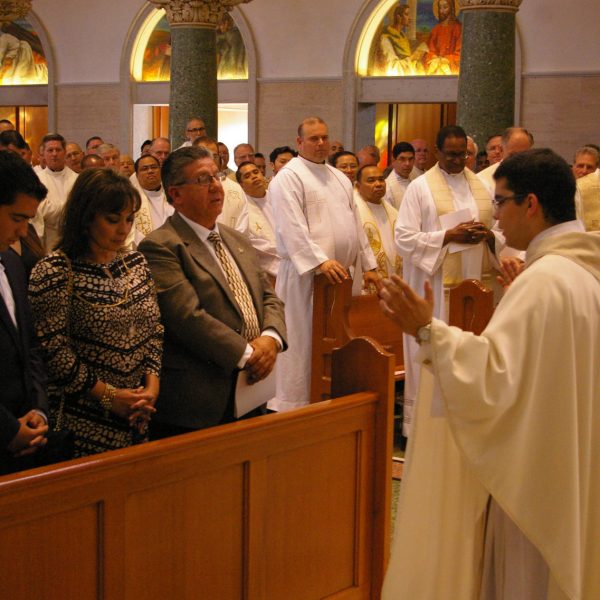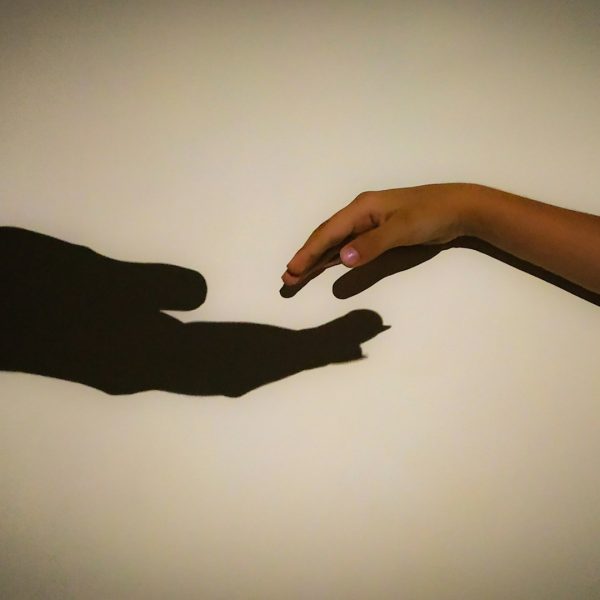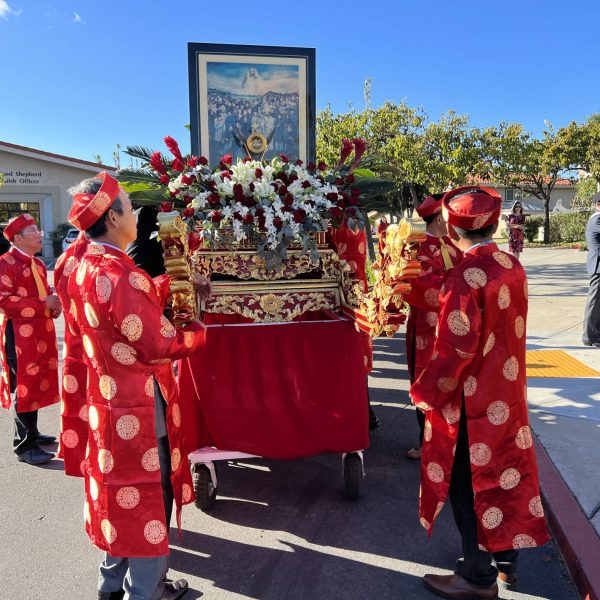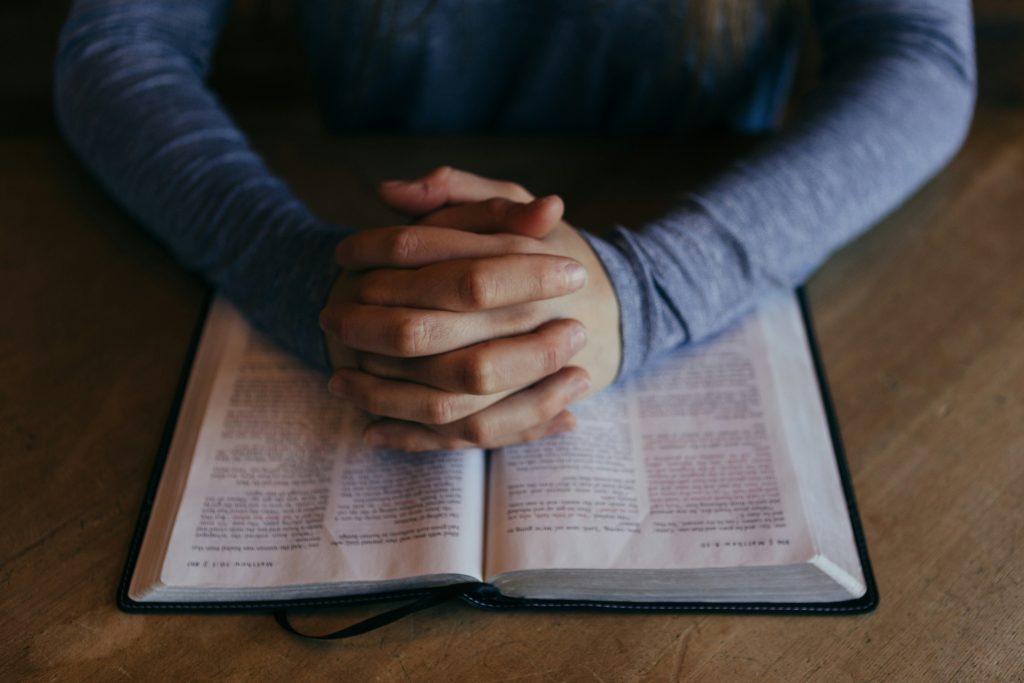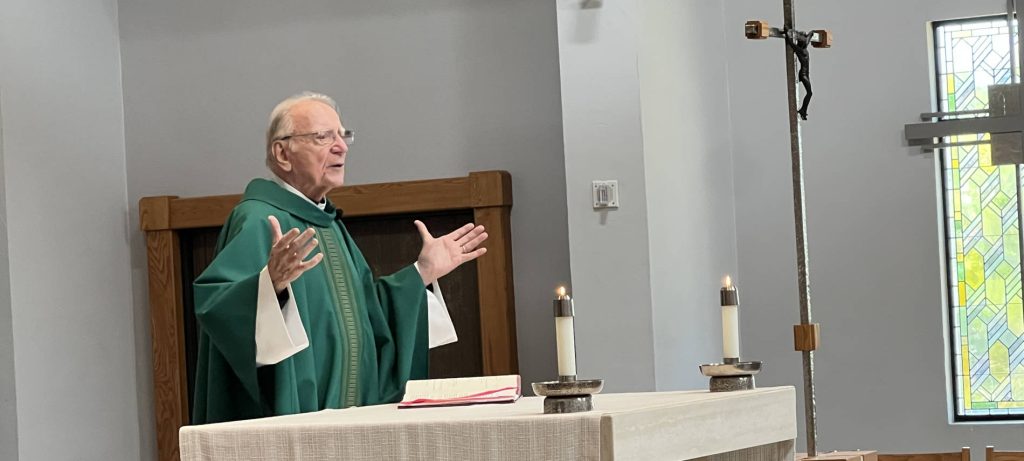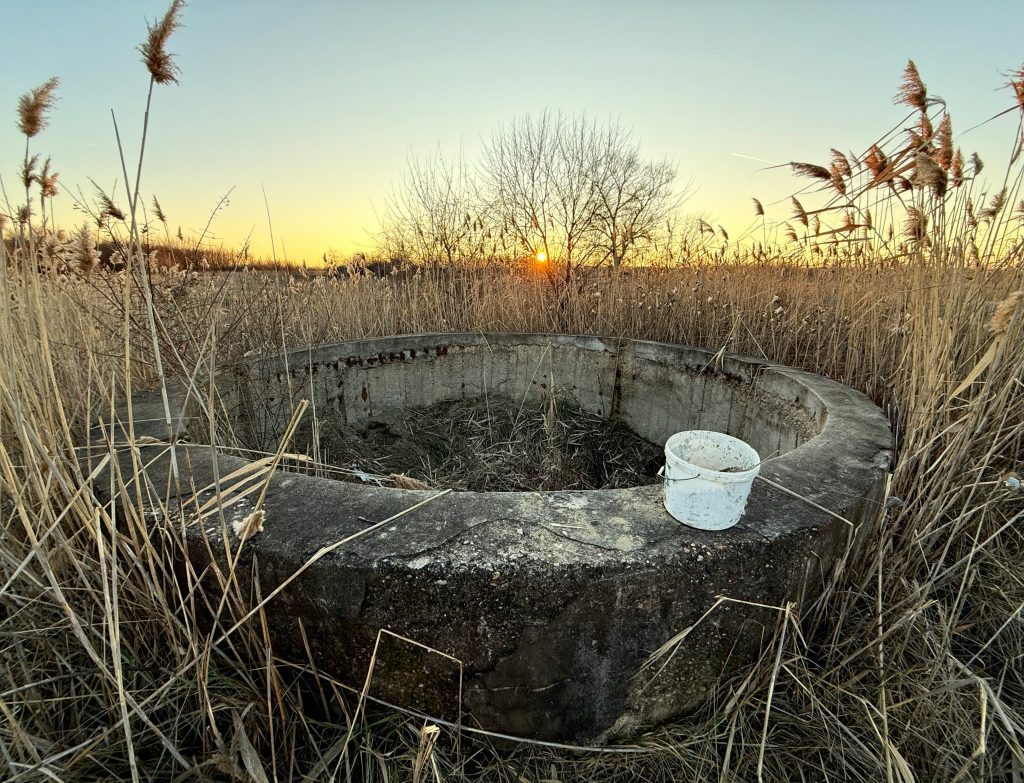Why do some conversations no longer interest me?
Why don’t I try to persuade those who don’t think like me? Why do I care less and less every day what others may say or think about me?
Something is changing from within.
I recognize that it’s the combination of age (77), self-reflection and a greater sensitivity to be able to distinguish the essential from the accidental. Perhaps it’s understanding that not everything is reduced to power or will; maybe it’s acceptance of my lights and and shadows, my strengths and weaknesses … or the confident surrender to a love that transcends me and that I can’t even explain.
This experience makes me a greater observer and less a judge, more explorer and less professorial. The more I know myself and accept myself, the more I recognize the affections, pains and sorrows of those around me. It’s like my tears cleansed my gaze and I could see again — re-spectare — until recognizing in the other someone as human as I am.
That is the root of respect.
It’s like shedding skin, an interior transformation that generates uncertainty: Leave behind what is familiar, what has worked until now, to open oneself to what is yet to be.
It’s not comfortable territory, particularly if we have grown up accumulating things, beliefs and customs to feel secure.
It’s like walking with God in the open air: without walls nor certainties, but with the confidence of being sustained.
Noise and distractions don’t attract me as much. I feel a call to silence, to inner spaces, to the desert. And like Jesus, “demons” also visit me in that desert — like Jung would say — and confront my interior.
Sad memories emerge in my silence, wounds and repressed passions that demand attention and healing. That’s why I’m thankful for the presence of wise, compassionate guides — therapists, counselors, spiritual companions — who know their own labyrinths and walk by my side without imposing a way forward.
I have discovered that silence can be a source of healing, when it’s borne from the radical acceptance of what I am, of my history, my lights and my falls, including moments of having put hand to the plow (Luke 9:62), but also from my encounters with the sick, the imprisoned and the needy, where I have recognized the face of the Other who said: “Whatever you did for one of the least of these brothers and sisters of mine, you did for me” (Matt 25:40).
To see and to allow yourself to be seen by the One who from Creation has loved us is an experience that heals and transforms: The love that is received is converted into the love that is given. Thus begins to shine the spark of brotherhood, an advance of the Kingdom that already exists among us.
The experience of awakening is not a linear ascent. Rather, it’s like circular walking: advances, retreats, nearness and distance from the center. In this process of transformation, we let go of the superficial and are attracted to what gives us meaning.
We leave behind the masks we use to try to be accepted, and we present ourselves just the way we are … and, at times, some walk away, saying that they no longer recognize us.
To awaken is to learn to undress before life without fear. To walk in the open air is to trust that there is a God who is not offended by our doubts, but rather moved by our searching.
In silence, we learn to see — and to be seen — with tenderness. And we understand that it’s not about convincing or winning, rather it’s about recognizing. It’s not about accumulating certainties, but rather living fully awake, knowing that the Kingdom is not far; it’s already beating, humble, luminous within us.
Ricardo Márquez can be reached at marquez_muskus@yahoo.com.

